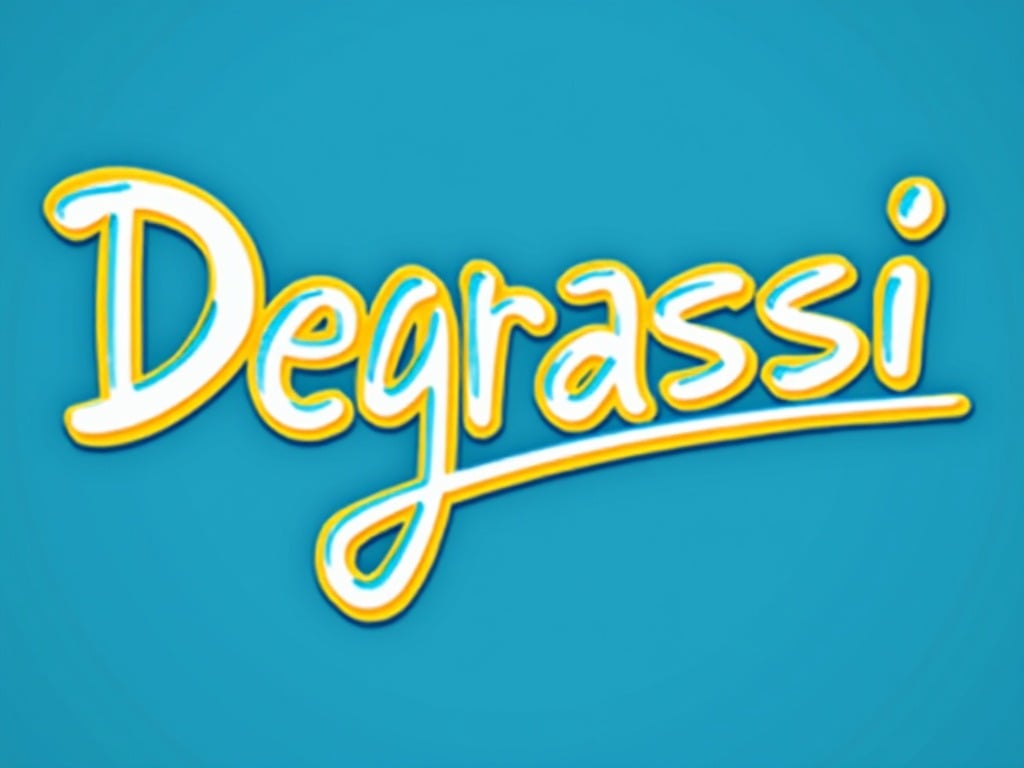When discussing the impact of teen television, Degrassi stands out as a pioneer that didn’t just tell stories about adolescence but lived them, raw and unfiltered. While it originated in Canada, the ripple effects of Degrassi reached far beyond its home country, influencing a generation of viewers in the United States and reshaping how the entertainment industry approached teen-centric narratives. Its influence remains a benchmark for authenticity in portraying teenage angst, a goal that countless other shows have sought to replicate.
A Canadian Phenomenon with Global Reach
The Degrassi franchise began in the late 1970s with The Kids of Degrassi Street before evolving into the iconic Degrassi Junior High and Degrassi High in the 1980s and early 1990s. What set the series apart was its unflinching honesty. It didn’t shy away from topics like teen pregnancy, drug use, bullying, and mental health—subjects that were often taboo on mainstream television. This commitment to realism resonated deeply with viewers on both sides of the border.
By the time Degrassi: The Next Generation premiered in 2001, the franchise had firmly established itself as a cultural touchstone. U.S. networks like The N (later TeenNick) embraced the series, introducing it to a new wave of American audiences. The show’s commitment to tackling real-life issues through the eyes of relatable characters made it a standout in a sea of glossy, often superficial teen dramas.
The Imitation Game: Trying to Capture Degrassi’s Magic
The success of Degrassi inspired a wave of attempts to replicate its formula, particularly during the 1990s and early 2000s. Shows like Dawson’s Creek, Freaks and Geeks, and My So-Called Life sought to tap into the emotional depth and realism that Degrassi had mastered. While these series carved out their own legacies, they often leaned more into the romanticized or stylized aspects of teenage life, steering away from the grittier realities that defined Degrassi.
Even teen dramas like Beverly Hills, 90210 and later The O.C. borrowed elements of Degrassi’s focus on character-driven storytelling but often paired it with heightened melodrama. These shows succeeded in their own right, but the enduring appeal of Degrassi lay in its ability to make viewers feel like they were seeing their own lives reflected on screen—without the Hollywood sheen.
Why Degrassi Endures
What Degrassi did differently was its dedication to staying grounded in real-life experiences. The use of age-appropriate actors and storylines that evolved naturally with its characters created an unparalleled sense of authenticity. The show’s willingness to engage with social issues—sometimes years before they became mainstream topics—cemented its role as more than just entertainment. For many viewers, it was a lifeline.
Additionally, the longevity of the franchise has allowed it to stay relevant across generations. By updating its themes and introducing new characters with each iteration, Degrassi has managed to remain a formative part of adolescence for multiple waves of teens.
A Lasting Legacy
Though many shows have tried to emulate Degrassi, few have captured its unique blend of honesty, relatability, and cultural significance. Its legacy is evident in modern series like Euphoria and 13 Reasons Why, which push boundaries in their own ways, but even they owe a debt to the groundbreaking path Degrassi paved.
As we reflect on the series’ influence, it’s clear that Degrassi was more than just a TV show; it was a movement. Its impact on teen television in the United States and beyond set a standard for storytelling that remains unmatched. For every attempt to replicate its success, Degrassi reminds us that true authenticity comes from listening to the voices of youth and telling their stories with empathy and courage.
In a world where teen dramas are often polished and idealized, Degrassi stands as a testament to the power of raw, real storytelling—a legacy that continues to inspire creators and captivate audiences.




